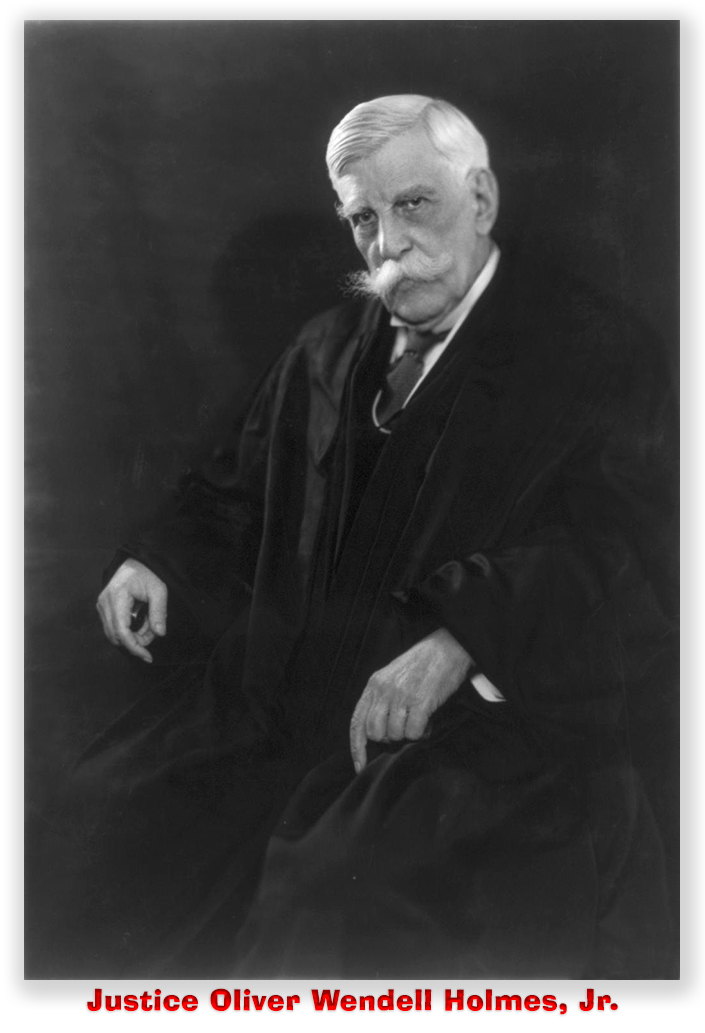We post news and comment on federal criminal justice issues, focused primarily on trial and post-conviction matters, legislative initiatives, and sentencing issues.

COURT HANDS BOP LOSS ON FSA CREDIT COMMENCEMENT
In a detailed and lengthy decision, a Middle District of Alabama district court ruled on November 4th that otherwise eligible prisoners must start earning First Step Act time credits from the moment they are sentenced rather than when the BOP says they can.
 As first blush, the issue seems pretty clear. Section 3632(d)(4)(A) of Title 18 says that a “prisoner, except for an ineligible prisoner under subparagraph (D), who successfully completes evidence-based recidivism reduction programming or productive activities, shall earn time credits…” Section 3635(4) defines a “prisoner” as “a person who has been sentenced to a term of imprisonment pursuant to a conviction for a Federal criminal offense, or a person in the custody of the Bureau of Prisons.”
As first blush, the issue seems pretty clear. Section 3632(d)(4)(A) of Title 18 says that a “prisoner, except for an ineligible prisoner under subparagraph (D), who successfully completes evidence-based recidivism reduction programming or productive activities, shall earn time credits…” Section 3635(4) defines a “prisoner” as “a person who has been sentenced to a term of imprisonment pursuant to a conviction for a Federal criminal offense, or a person in the custody of the Bureau of Prisons.”
You don’t have to be a lawyer to figure out that an eligible prisoner, therefore, is anyone who has been sentenced to prison for a federal crime (we’ll leave the other category, “a person in the custody of the Bureau of Prisons,” for another day), provided he or she has not been convicted for one of the 63 exempt crime categories — such as sex offense or using a gun in a crime in violation of 18 USC § 924(c), to name only two of the myriad of exclusions — and is not an alien with a final order of deportation. The exclusions leave about half of the people in BOP facilities eligible for FSA credits.
The BOP denied Sohrab Sharma 122 days of FSA credit, finding that he was not an “eligible prisoner” from the commencement of his sentence until he was finally delivered to FPC Montgomery and again when he was locked up and transferred for an unspecified violation of prison rules. Under 28 CFR § 523.42(a), a BOP-adopted rule, “[a]n eligible inmate begins earning FSA Time Credits after the inmate’s term of imprisonment commences (the date the inmate arrives or voluntarily surrenders at the designated Bureau facility where the sentence will be served).”
 The Court held that “the statute unambiguously addresses the question of when an inmate is eligible for FSA credits,” to which 28 CFR § 523.42 “adds a layer of eligibility not found in the statute [that] conflicts with its express language.”
The Court held that “the statute unambiguously addresses the question of when an inmate is eligible for FSA credits,” to which 28 CFR § 523.42 “adds a layer of eligibility not found in the statute [that] conflicts with its express language.”
The District Court ruled that an eligible inmate is entitled to FSA credits from the date the sentence commences under 18 USC § 3585(a) which “specifies ‘the date the defendant is received in custody awaiting transport to’ his initial BOP-designated facility as the date his or her ‘sentence to a term of imprisonment commences’ for purposes of determining whether he can begin to earn FSA time credits.”
The Court said, “The BOP must apply time credits to eligible prisoners who have earned them and cannot categorically make prisoners ineligible for such credits in a manner that contravenes the statutory scheme set forth in 18 USC § 3632.”
Sohrab’s case was sent back to the BOP to determine whether he was an “eligible prisoner” for the purpose of those 122 days, instead of being categorically excluded because he was riding a bus or sitting in segregation.
While the decision is welcome, it is a district court opinion that has no binding precedential value in its own circuit, let alone anywhere else. The government being the government, count on the opinion having utterly no impact on how the BOP applies 28 CFR § 523.42 in any case other than Sohrab’s.
Sharma v. Peters, Case No. 2:24-CV-158 (M.D. Ala., November 4, 2024), 2024 U.S.Dist. LEXIS 199823
– Thomas L. Root




